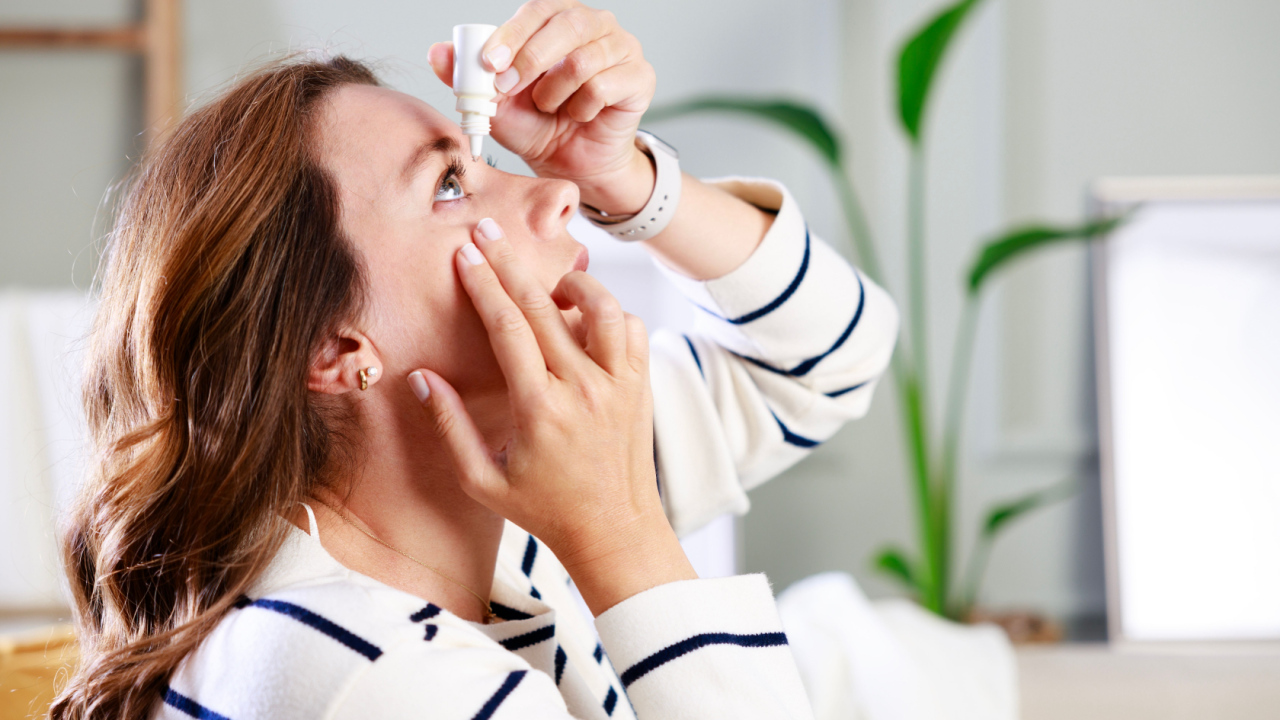Curanex Pharmaceuticals Inc. (Nasdaq: CURX) has completed its initial public offering (IPO), raising $15 million from 3.75 million shares sold at $4.00 each. Trading began on August 26, 2025, under the ticker CURX, with the offering closing the next day.
Headquartered in Jericho, New York, Curanex is a developmental-stage pharmaceutical company focused on discovering and developing botanical drugs, or plant-based medicines developed under pharmaceutical standards, for inflammatory diseases. The company’s approach combines traditional knowledge with modern clinical and regulatory standards in the US.
The lead program of Curanex, Phyto-N, comes from a single plant known for its anti-inflammatory properties. The compound helps calm overactive immune responses through several biological pathways.
Phyto-N has been used by humans in China for over three decades to treat various inflammatory conditions, with thousands of patients treated during this time. The company claims that this history supports its favorable tolerability.
Curanex has tested Phyto-N in animal models for six inflammatory diseases: ulcerative colitis, atopic dermatitis, COVID-19, diabetes, nonalcoholic fatty liver disease (NAFLD) now known as metabolic dysfunction–associated steatotic liver disease (MASLD) and gout. The company is primarily focused on developing treatments for moderate to severe ulcerative colitis, a chronic bowel disease that leads to inflammation and ulcers in the digestive tract.
By targeting multiple conditions, Curanex aims to position Phyto-N as a versatile anti-inflammatory therapy.
The next step is to advance Phyto-N through studies required by the FDA. This includes submitting an Investigational New Drug (IND) application to start human testing, which the company plans to file in the first half of 2026. The Phase I clinical trials will begin approximately 30 days after receiving FDA clearance to assess safety in small participant groups.
Depending on the results and funding, Phase II trials might follow for ulcerative colitis and could potentially extend to other conditions like atopic dermatitis, diabetes, gout, MASLD and COVID-19.
Developing botanical drugs faces significant regulatory challenges. So far, the FDA has approved only four botanical drugs: sinecatechins (Veregen) for genital warts, crofelemer (Mytesi) for HIV-associated diarrhea, birch triterpenes (Filsuvez) for epidermolysis bullosa and anacaulase-bcdb (NexoBrid) for burn eschar removal.
Few botanical drugs pass FDA reviews, which require thorough sourcing details, prior human use and established clinical evidence.
In March 2025, Curanex filed an international Patent Cooperation Treaty (PCT) patent application for Phyto-N that covers autoimmune, metabolic and viral indications. This type of filing helps companies secure patent protection in multiple countries at once, creating a wider safety net for their technology.
Funds from the Curanex Pharmaceuticals IPO will help advance Phyto-N through early clinical development. Funds will also support preclinical research for other inflammatory conditions and cover general corporate costs.
Besides Phyto-N, the company is looking into whether it can isolate active compounds for development as traditional drugs, although this effort is still in the early stages.
Botanical Drug Development in Focus
Developing botanical drugs brings unique challenges beyond regulation, such as ensuring consistency across batches and coping with the variability of plant-based compounds.
However, the market is growing. The global botanical drugs market was valued at around $41 billion in 2024 and is expected to reach a little over $74 billion by 2033, with a compound annual growth rate (CAGR) of 6.7%. A report from Technavio projects an additional $18.66 billion growth from 2025 to 2029, driven by government initiatives and AI-supported discovery.
Other companies are also exploring this area, providing insights into Curanex’s position in the market. In February 2025, Ajna BioSciences and its joint venture DeFloria moved AJA001, a hemp-derived tincture with CBD and THC, into Phase II autism trials after completing Phase I in 2024. The company is also working on psilocybin-based botanicals for psychiatric conditions, showing interest in combining different compounds.
In dermatology, the FDA cleared an IND for Alphyn Biologics in February 2025 for zabalafin hydrogel, a multi-compound botanical topical treatment for atopic dermatitis. Two Phase IIa studies showed improvements in itch and inflammation, and global Phase IIb trials are set for Q1 2025.
Meanwhile, ABVC BioPharma’s subsidiary BioLite reported a $230,000 milestone payment in August 2025 under a licensing deal for botanical-derived CNS candidates ABV-1504 for major depressive disorder (MDD) and ABV-1505 for ADHD. The overall licensing agreement could be worth up to $667 million, indicating strong interest in botanical CNS therapies.
Overall, these examples highlight the diversity in botanical drug treatments.
If you want your company to be featured on Xtalks.com, please email [email protected].












Join or login to leave a comment
JOIN LOGIN